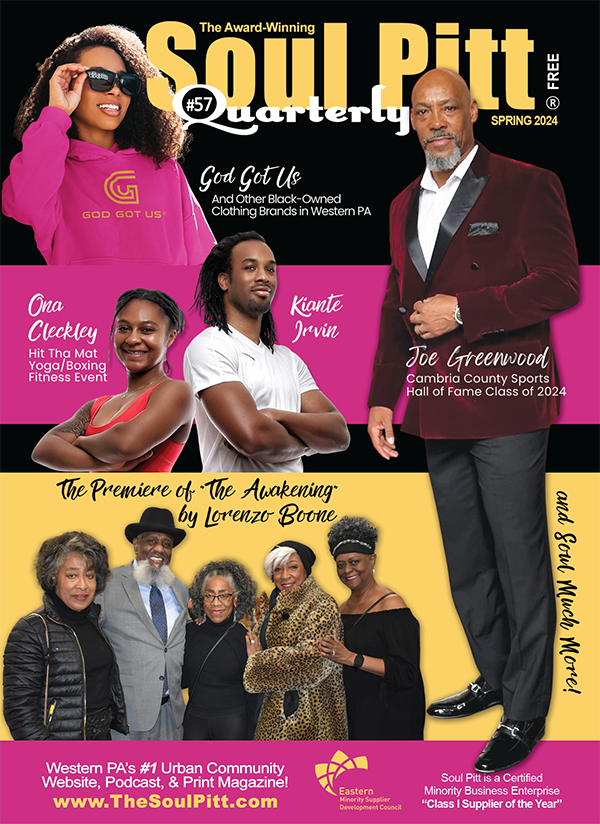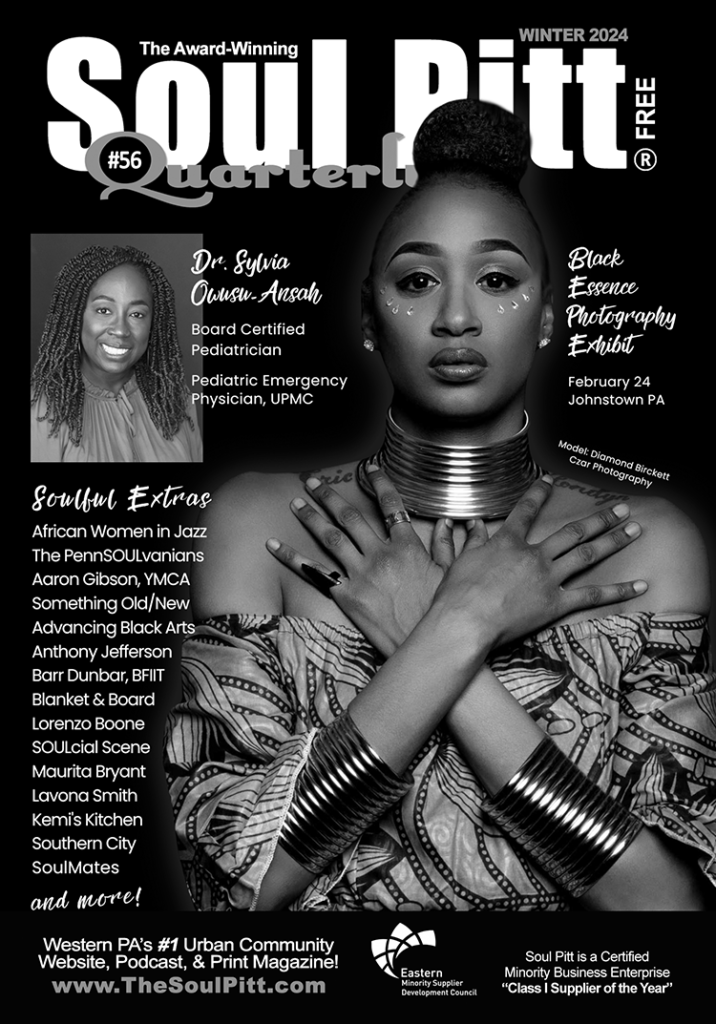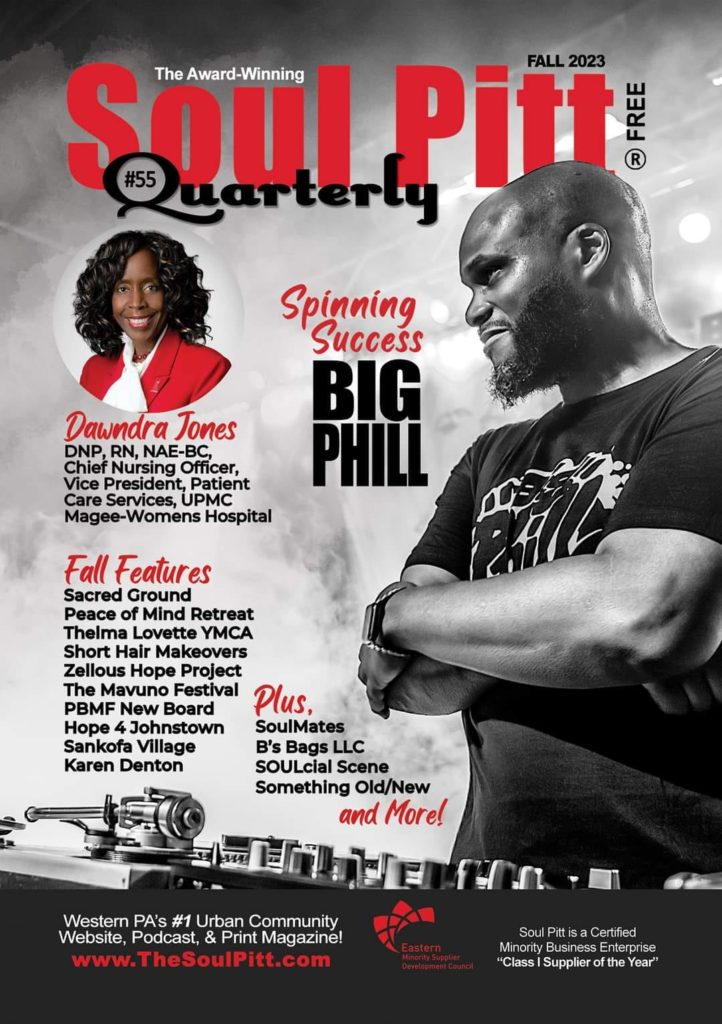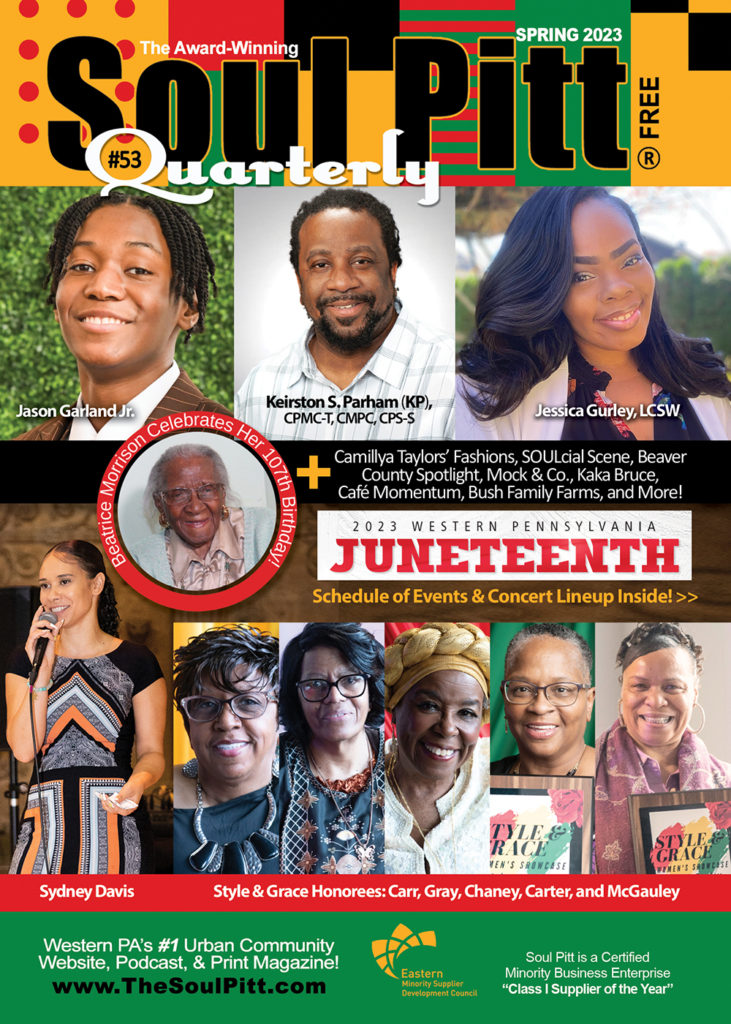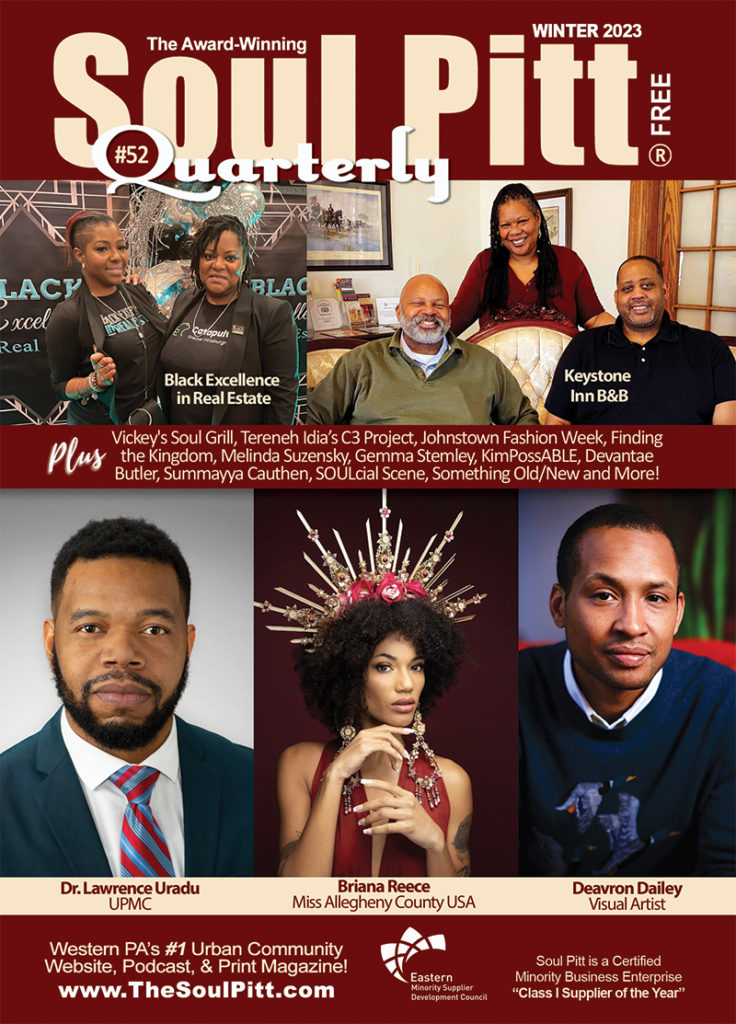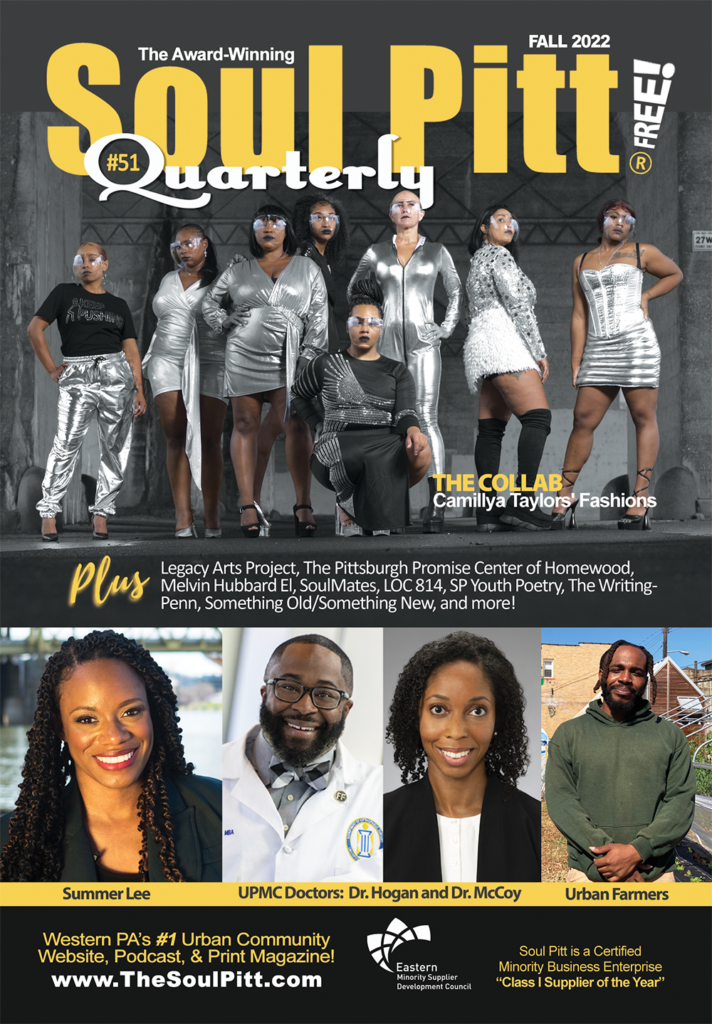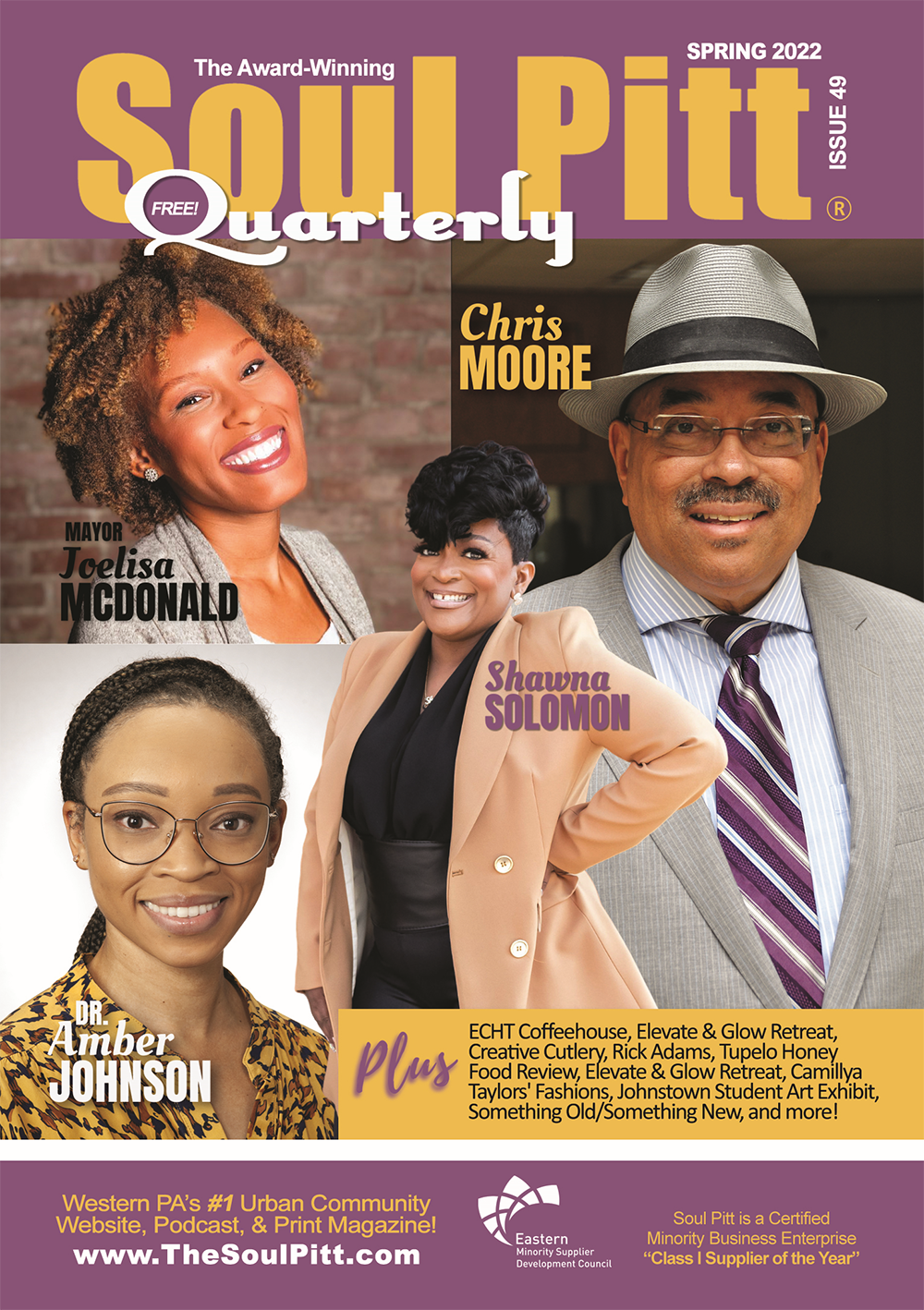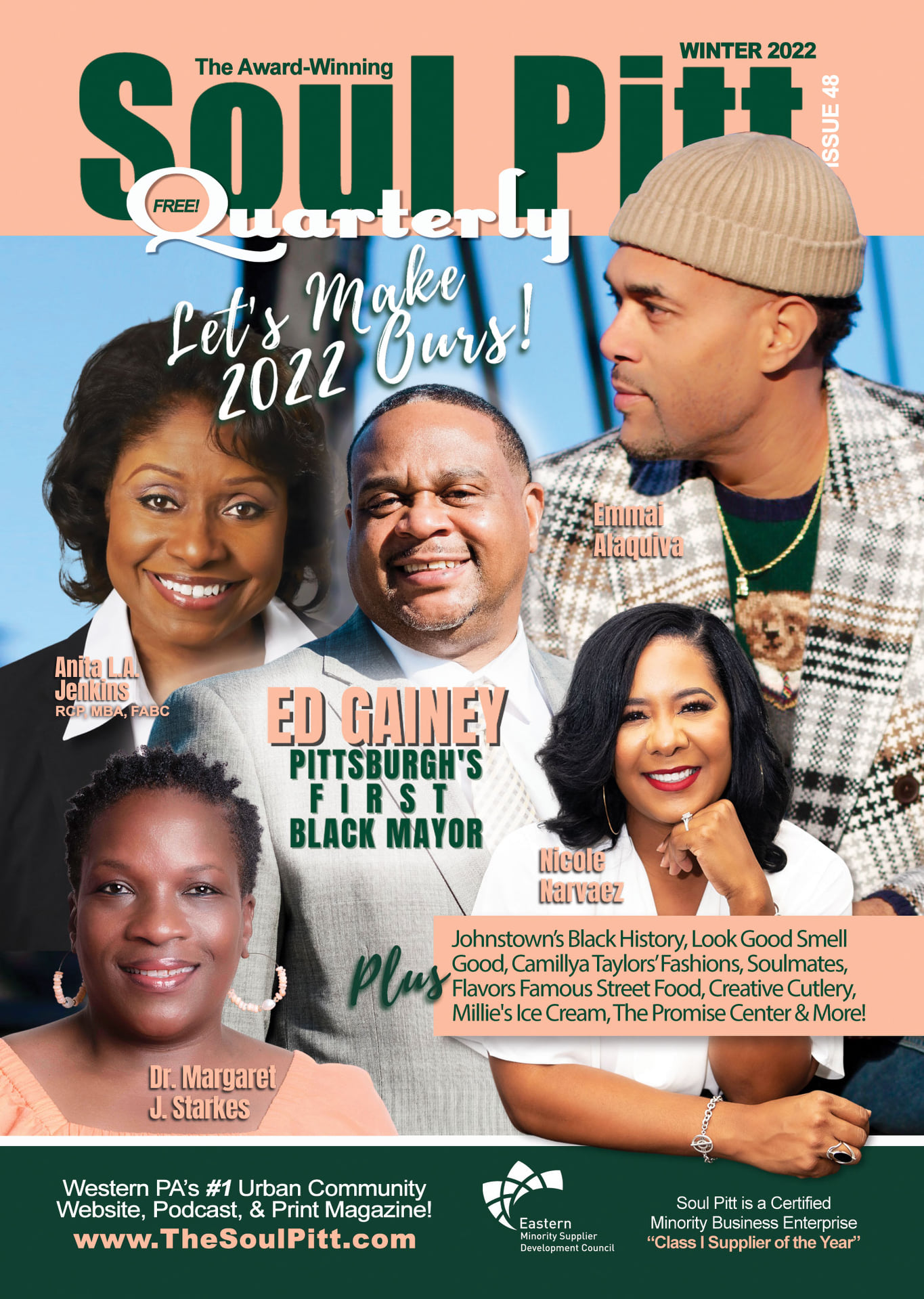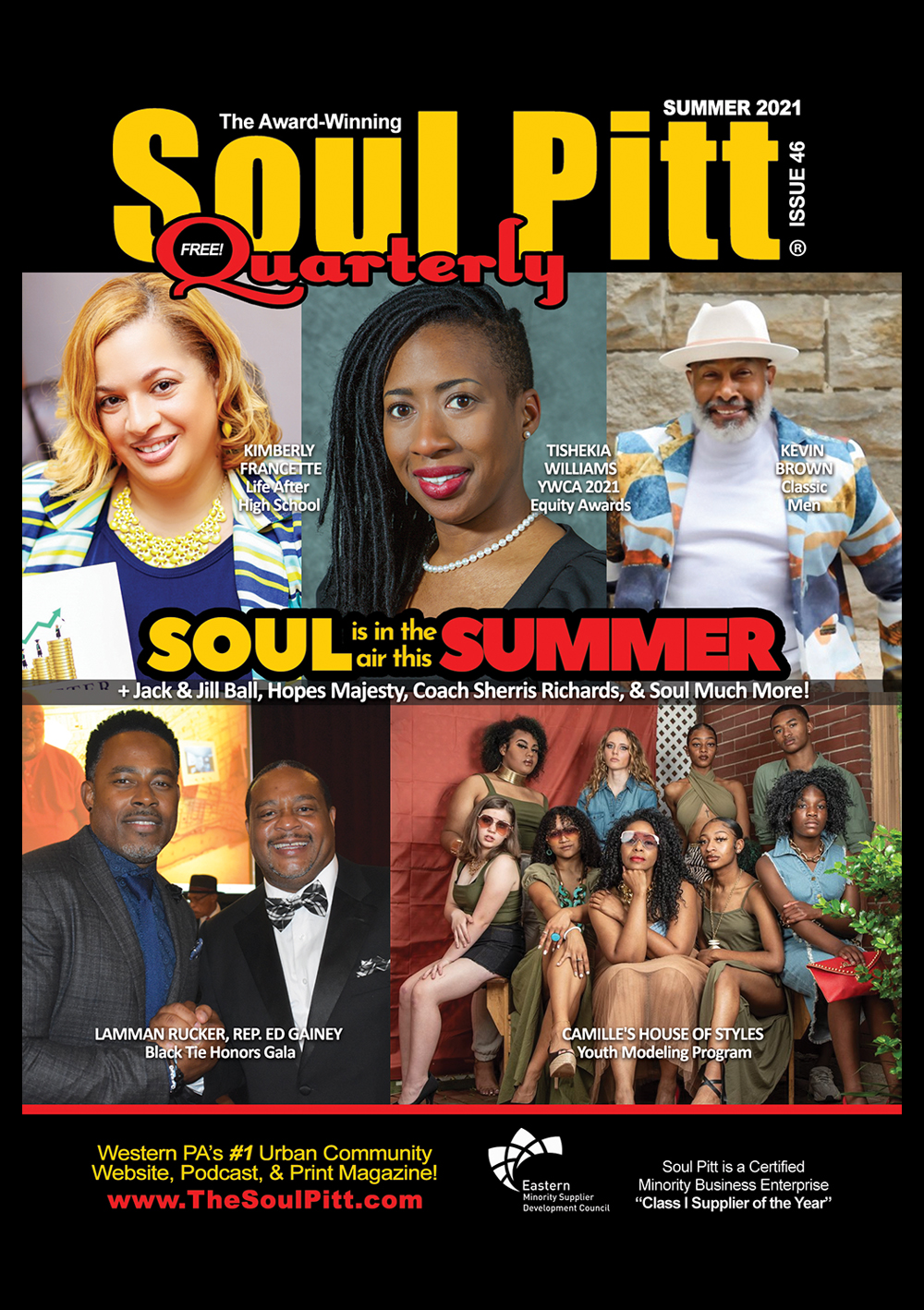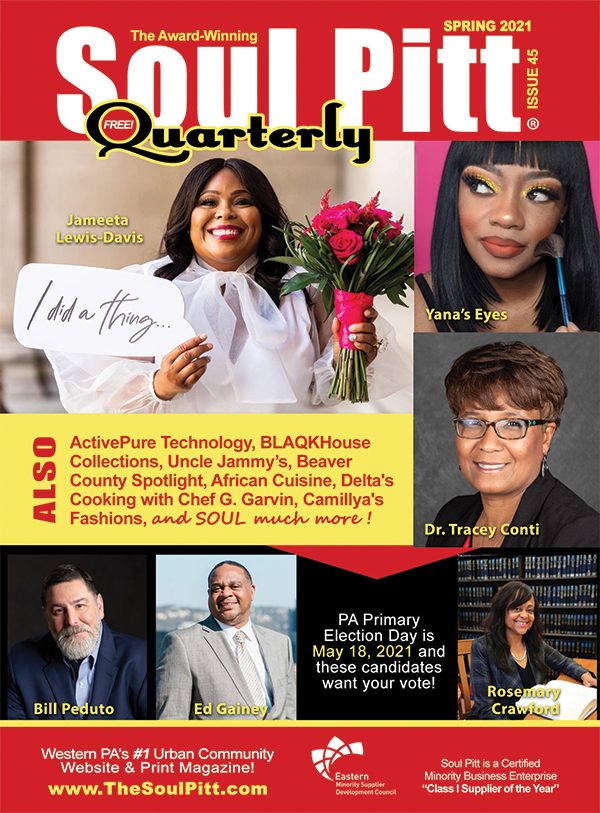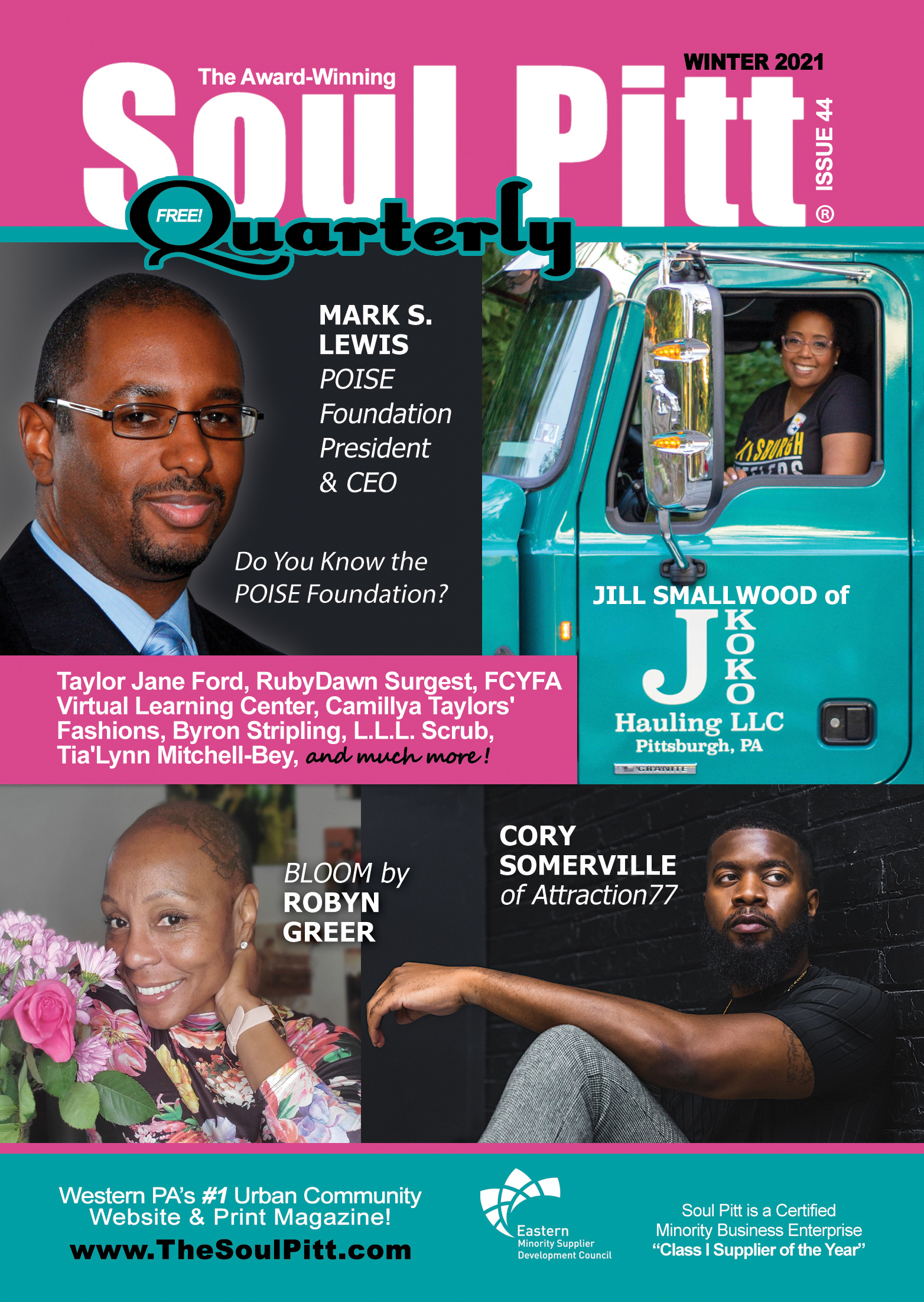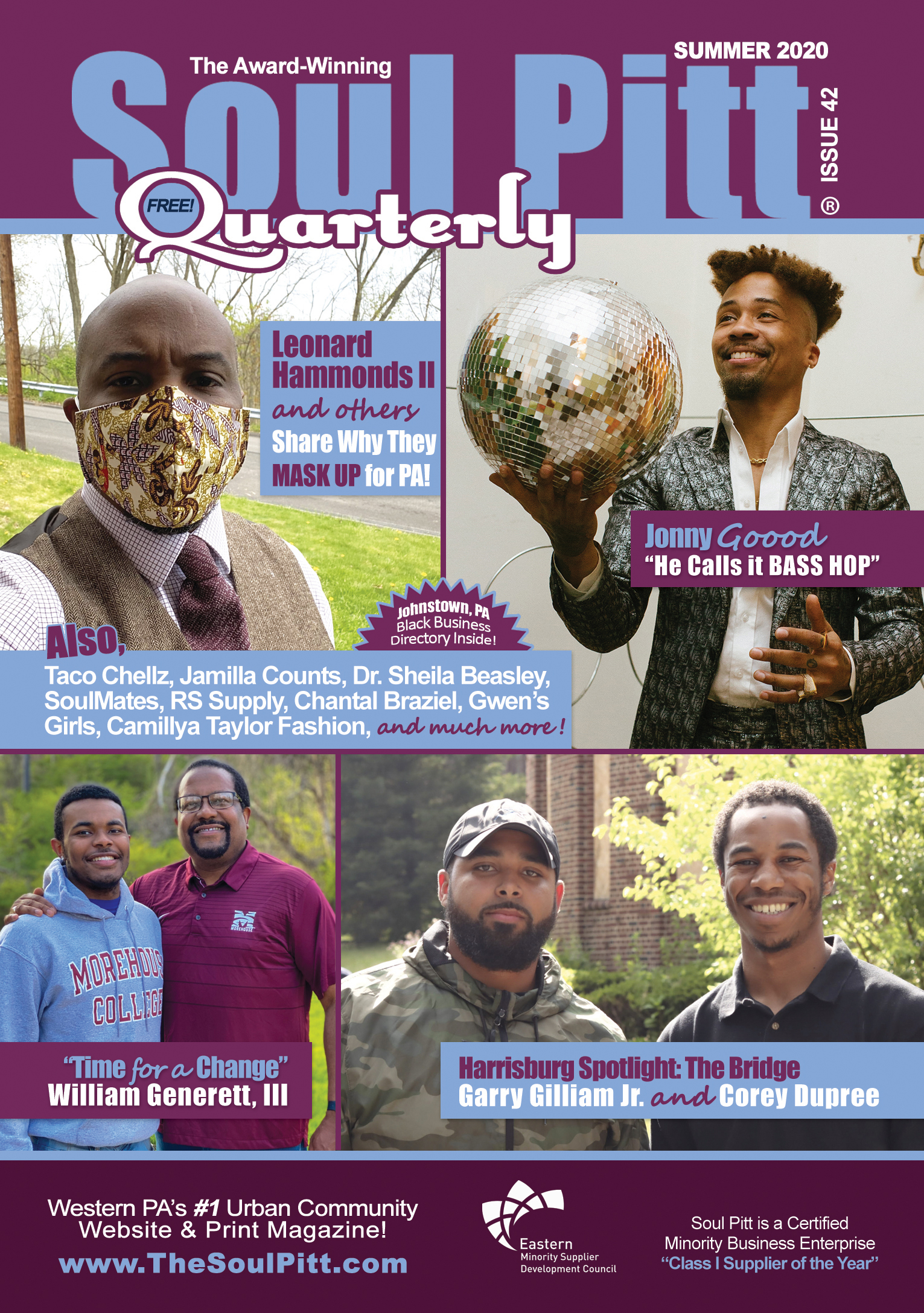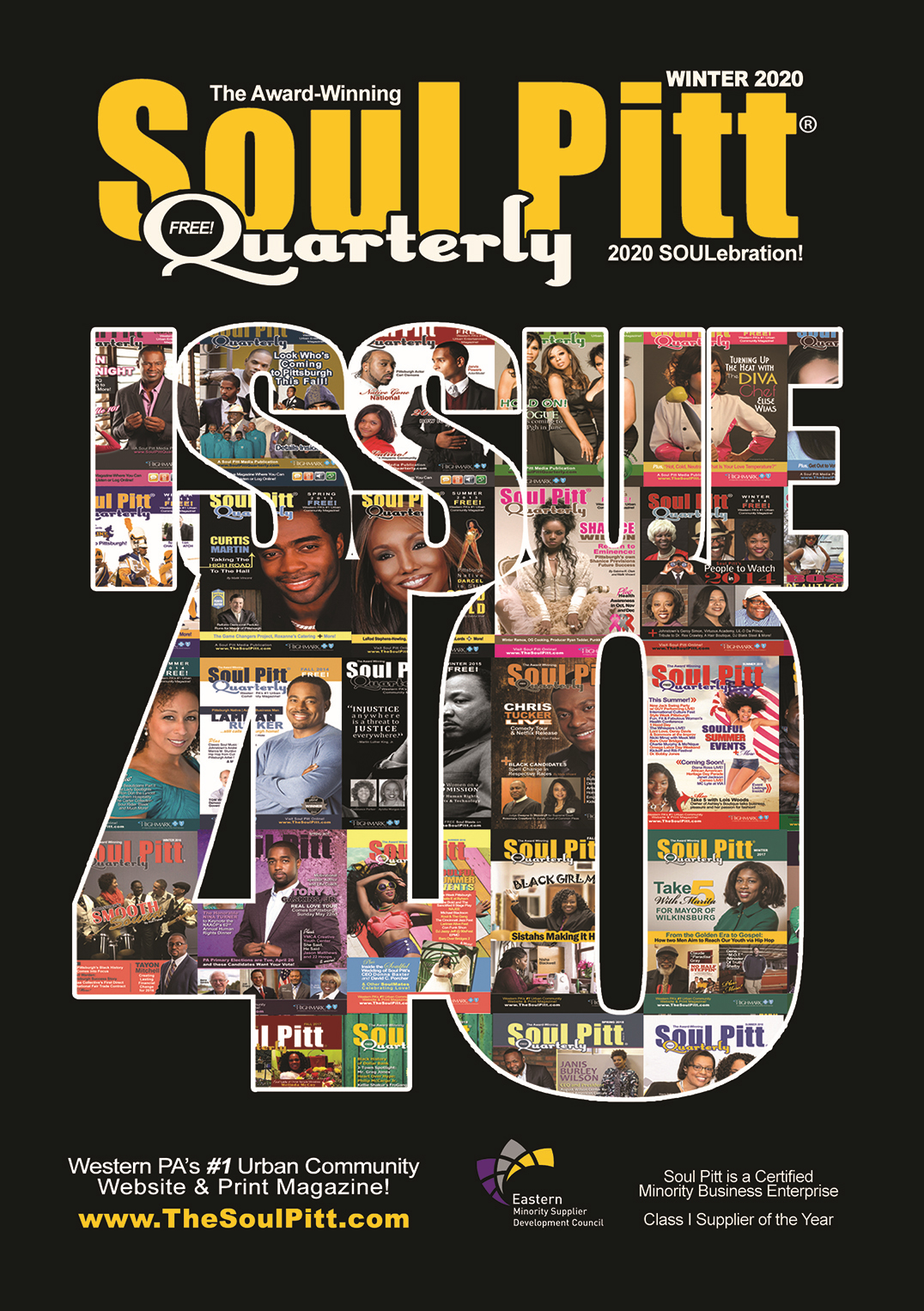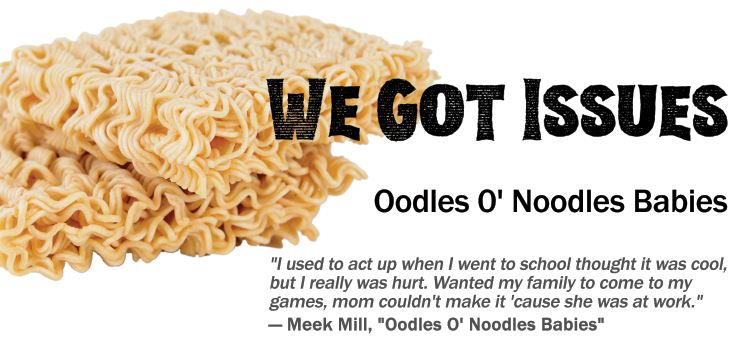
The chow hall was serving pork for dinner. I crushed up two packs of noodles and poured them into my bowl. I realized that I had been eating noodles since I was a small child. With my pops missing in action and my mom at work, I had to learn how to boil water and make noodles. It was the natural order of things, a rite of passage. It dawned on me, Oodles 0′ Noodles were one of my first lessons in independence; a lesson that ultimately prepared me for the cycle of abandonment that I was to experience.
All of those years of “hooking up some noodles,” had conditioned me for my current condition as a prisoner. As a Black man who was once a Black boy, those packs of noodles are a reminder that even the most trivial lessons are essential to survival.
As kids there were three places we were sure we didn’t want to go. Those places were prison, hell, and insane (not necessarily in that order). Still, most of us found ourselves right where we didn’t want to be. From the moment Black boys are born, we face death and insanity—broken hearts are the least of our worries. But broken hearts still occur.
We know the routine: Father abandons mother. Their baby boy has a game and mommy can’t make it. “Mommy has to work, baby.” mom says. Mom has a legitimate excuse right? Baby boy was taught that men don’t feel, he hides the pain of that let-down. That let-down is abandonment. Baby boy vows to protect his brother from experiencing his pain, but taking care of a kid makes baby boy feel like an adult. Soon, he feels the need to provide for his family. He turns to the streets. He is arrested and carted off to prison, he inadvertently abandons his brother. Little bro’ is left to cook his own noodles (his brother taught him how to hook ’em up with hot sauce and cheese). One day little bro’ will have a child of his own, and that child will find itself at home–alone–eating a bowl of noodles. Just thinking about it makes me feel like a noodle.
We have abandonment issues. We know what happens to abandoned buildings; they belong to the neighborhood until they’re used up, destroyed, or the city locks them up—just like Black men. The destruction of the Black family unit was a practice employed by slave owners. They gained control through this method of divide and conquer. The families of our ancestors were constantly torn apart. Husbands were hanged, wives were stolen and raped, and children were ripped from the grips of their parents and sold to different plantations. Slave masters then bred slaves like animals. They would choose the biggest, strongest young buck to rape their best heifer in hopes that they make super slaves. They referred to these super slaves as; bucks, studs, and thoroughbreds. Some of those thoroughbreds were born not knowing their fathers and were subsequently born in abandonment. Some of them were the sons of thoroughbreds who told themselves: I’m going to protect my child. I’ll never hurt my child. I’ll never leave my child. Their promises didn’t matter–they could not control being sold away, stolen away, or murdered.

Sometimes abandonment is the worse form of abuse. Who of us is man enough to end the cycle of abandonment? Or will you selfishly abandon your family, once again, because you have to get it how you live? I know we’ve got issues, but our duty is to ensure that the generations to come do not have to contend with those same issues. #WE GOT ISSUES
About We Got Issues
We Got Issues is a column created by the founders of Instagram’s Unheard_Voices19. It is geared toward shedding light on the issues that plague the Black Community with a focus on the incarcerated Black male. We Got Issues was created to distinguish the many issues that some prisoners are unable to articulate. By delving into the history of Black miseducation, we aim to spark the conversation that will change the minds of Black people trapped in cycles of destruction.
Rap music has always supplied a platform for rebellion and the highlighting of social issues, we believe that if one has listened to new rap and new rappers, they will have vicariously witnessed the pain and confusion of our young. Older generations have passed down the custom of fighting against change. This fight includes the denial of young music which increases the divide between young and old–a divide that the Black community can ill afford to have.
In order to bridge the gap, we must see first to understand, then to be understood. Follow us as we try to understand Our issues.
This article was first published in Soul Pitt Quarterly Print Magazine (Summer 2019). Copyright Soul Pitt Media. All Rights Reserved.


